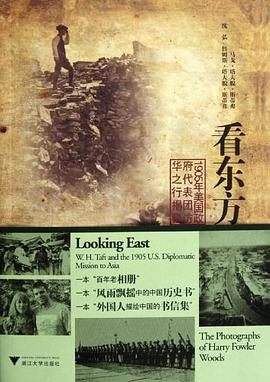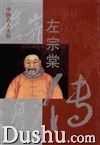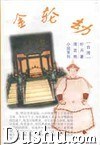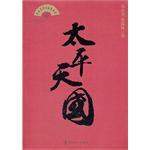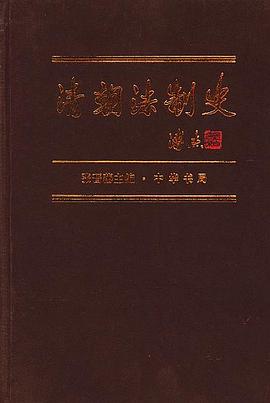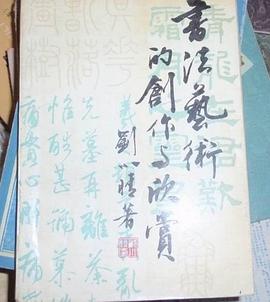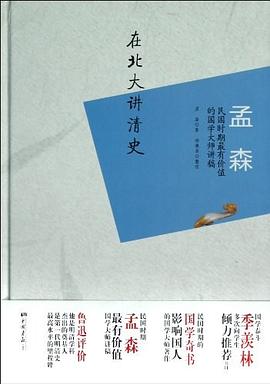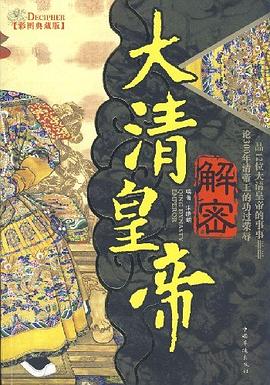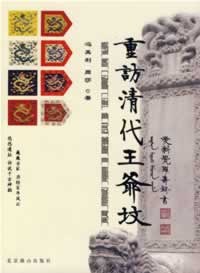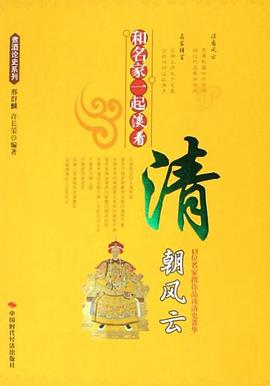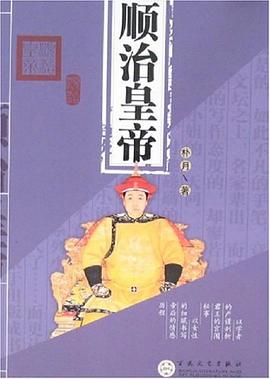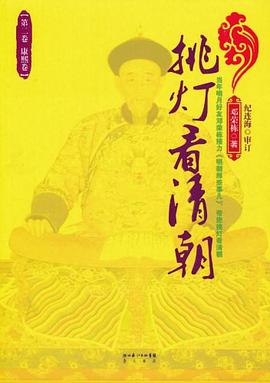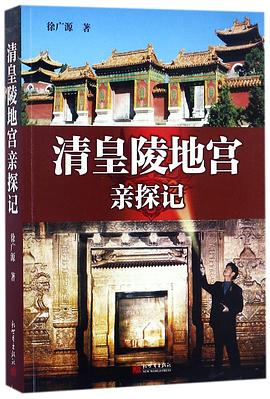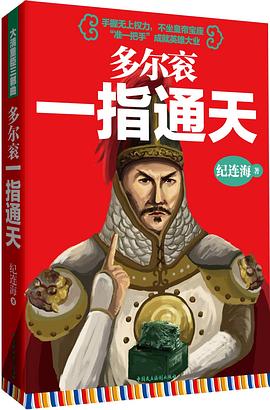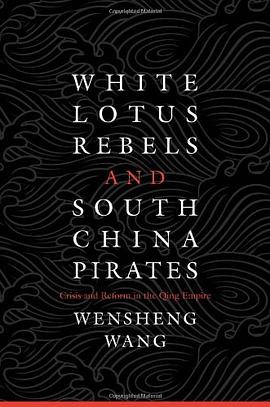
White Lotus Rebels and South China Pirates pdf epub mobi txt 电子书 下载 2025
- 历史
- 海外中国研究
- 白莲教
- 清史
- 清朝
- 海交与航海
- history
- 社会史
- 白莲教
- 海盗
- 南方
- 历史
- 中国
- 反抗
- 江湖
- 冒险
- 武侠
- 海洋

具体描述
The reign of Emperor Jiaqing (1796–1820 CE) has long occupied an awkward position in studies of China’s last dynasty, the Qing (1644–1911 CE). Conveniently marking a watershed between the prosperous eighteenth century and the tragic post–Opium War era, this quarter century has nevertheless been glossed over as an unremarkable interlude separating two well-studied epochs of great transformation. White Lotus Rebels and South China Pirates presents a major reassessment of this misunderstood period by examining how the emperors, bureaucrats, and foreigners responded to the two crises that shaped the transition from the Qianlong to the Jiaqing reign.
Wensheng Wang argues that the dramatic combination of internal uprising and transnational piracy, rather than being a hallmark of inexorable dynastic decline, propelled the Manchu court to reorganize itself through a series of modifications in policymaking and bureaucratic structure. The resulting Jiaqing reforms initiated a process of state retreat that pulled the Qing Empire out of a cycle of aggressive overextension and resistance, and back onto a more sustainable track of development. Although this pragmatic striving for political sustainability was unable to save the dynasty from ultimate collapse, it represented a durable and constructive approach to the compounding problems facing the late Qing regime and helped sustain it for another century. As one of the most comprehensive accounts of the Jiaqing reign, White Lotus Rebels and South China Pirates provides a fresh understanding of this significant turning point in China’s long imperial history.
作者简介
Wensheng Wang is Associate Professor of History at the University of Hawaii at Manoa.
目录信息
I. Contextualizing Crises
1. Origins of the Qianlong–Jiaqing Crises
II. A View from the Bottom
2. The White Lotus Rebellion in the Han River Highlands
3. The Piracy Crisis in the South China Sea
III. A View from the Top
4. Court Politics and Imperial Visions
5. The Inner White Lotus Rebellion
6. The Jiaqing Reforms
7. The Piracy Crisis and Foreign Diplomacy
Conclusion
List of Abbreviations and Primary Sources
Notes
Acknowledgments
Index
· · · · · · (收起)
读后感
Wensheng Wang, White Lotus Rebels and South China Pirates: Crisis and Reform in The Qing Empire. Harvard University Press, 2014 ---Jiaqing period: Crisis, Wei (danger) + Ji (opportunity) ---continuity: between splendid 18th century and crisis-laden mid-19t...
评分Wensheng Wang, White Lotus Rebels and South China Pirates: Crisis and Reform in The Qing Empire. Harvard University Press, 2014 ---Jiaqing period: Crisis, Wei (danger) + Ji (opportunity) ---continuity: between splendid 18th century and crisis-laden mid-19t...
评分Wensheng Wang, White Lotus Rebels and South China Pirates: Crisis and Reform in The Qing Empire. Harvard University Press, 2014 ---Jiaqing period: Crisis, Wei (danger) + Ji (opportunity) ---continuity: between splendid 18th century and crisis-laden mid-19t...
评分Wensheng Wang, White Lotus Rebels and South China Pirates: Crisis and Reform in The Qing Empire. Harvard University Press, 2014 ---Jiaqing period: Crisis, Wei (danger) + Ji (opportunity) ---continuity: between splendid 18th century and crisis-laden mid-19t...
评分Wensheng Wang, White Lotus Rebels and South China Pirates: Crisis and Reform in The Qing Empire. Harvard University Press, 2014 ---Jiaqing period: Crisis, Wei (danger) + Ji (opportunity) ---continuity: between splendid 18th century and crisis-laden mid-19t...
用户评价
10/29/2015 一般,作者对乾隆是多大仇……
评分文笔害死题目。主题不错,角度时段亦可回应晚近著作过分强调大清为何/何时药丸、丸后意义之弊。然表意之劣,逻辑之混乱,题目关系之无序,借用社科理论和历史研究碎片之随意,实令鄙人怒发冲冠,颇想夺过书稿重写一遍。全本硬销所谓全方位危机不知新意何在,事件结构节点之关系是社科经典命题,但开头提一下即无所影踪。写叛乱突然引入环境史、叛乱生态、施坚雅层级模型、斯科特无政府人类学视角、曼恩社会权力论,见啥偷啥。内廷改革与皇帝官僚关系部分本身不错,但和叛乱关系不清,如何表明事件结构节点之关系?写海盗与对外关系一章云里雾里,跟内廷改革关系又何在?白莲教那边既无此类影响为何特意加插一章造成不均衡?到结尾方才抛出帝国建构学与治理术变化、国家退行与社会脱轨、自主发展和叛乱,跟药丸趋势如何耦合等问题,然为时已晚。
评分还没读书先读了罗威廉的书评,罗的批评非常尖锐,另外顺道把哈佛出版社批判了一番。/读完了,确实差。。。不知所云,不觉得嘉庆改革和两个叛乱之间关系多大,也不觉得什么全方位危机这个概念有任何用处。。彭慕兰和王国斌你们两位放这论文过关良心不会痛嘛。。
评分An ambitious project that attempts to challenge the narrative of the early-19-century Qing by re-interpreting Daoguang Reign as a "restoration" that prepared China for the problems to come in the next century. Both complimented and criticized by scholars, somehow too ambitious. But also a good thought that calls for new researches into this perio
评分An ambitious project that attempts to challenge the narrative of the early-19-century Qing by re-interpreting Daoguang Reign as a "restoration" that prepared China for the problems to come in the next century. Both complimented and criticized by scholars, somehow too ambitious. But also a good thought that calls for new researches into this perio
相关图书
本站所有内容均为互联网搜索引擎提供的公开搜索信息,本站不存储任何数据与内容,任何内容与数据均与本站无关,如有需要请联系相关搜索引擎包括但不限于百度,google,bing,sogou 等
© 2025 book.quotespace.org All Rights Reserved. 小美书屋 版权所有

